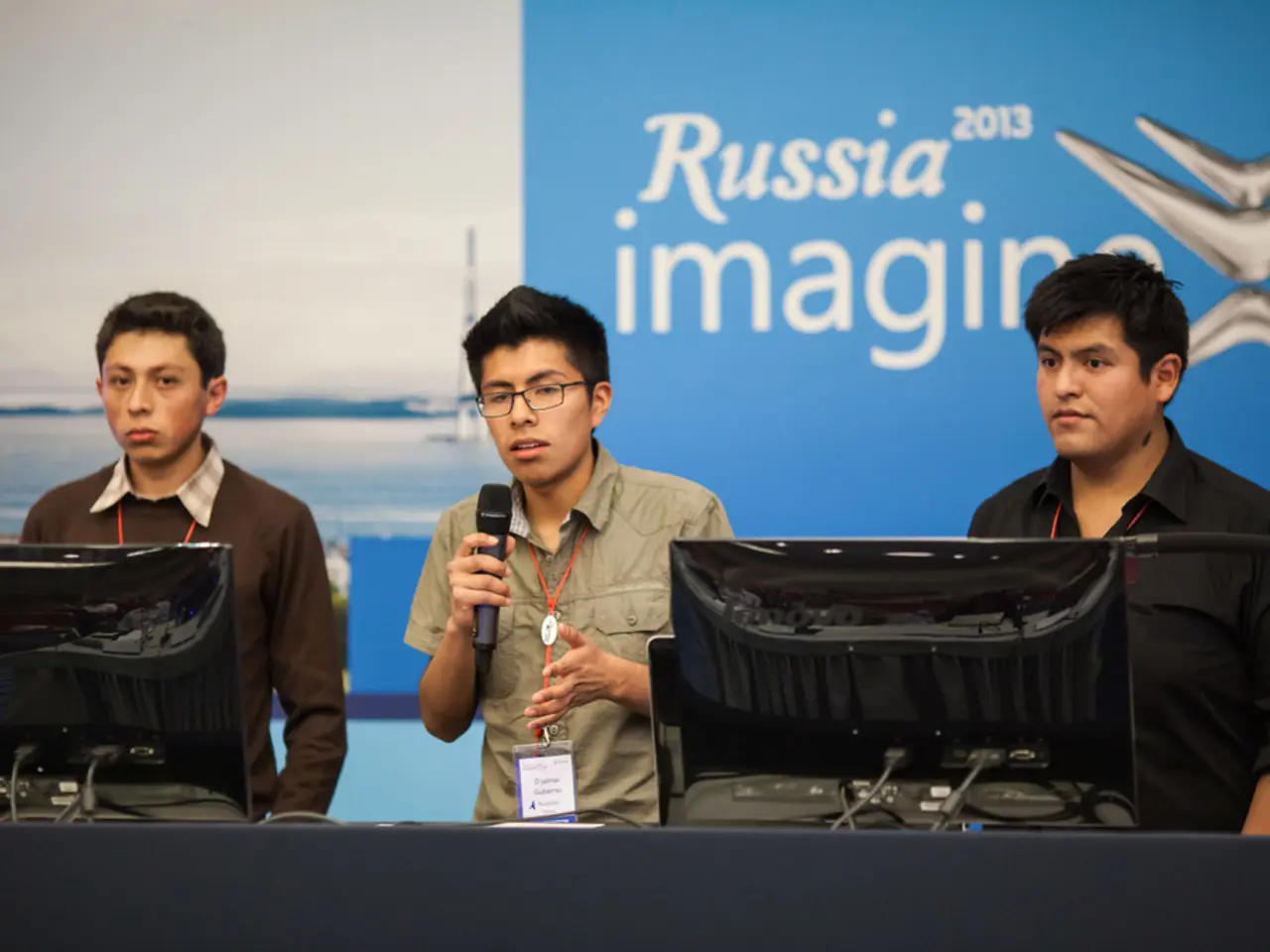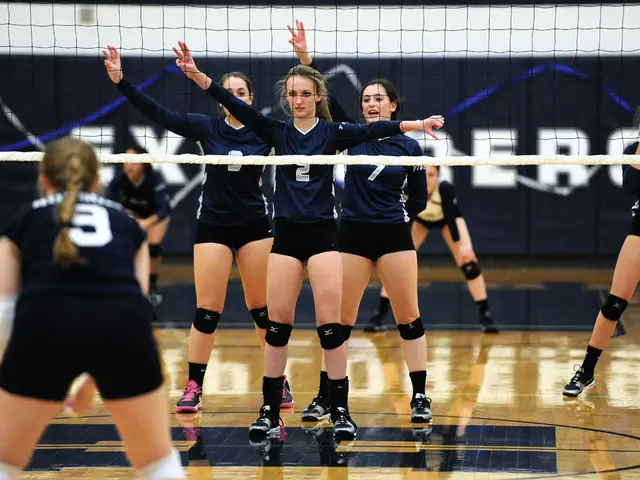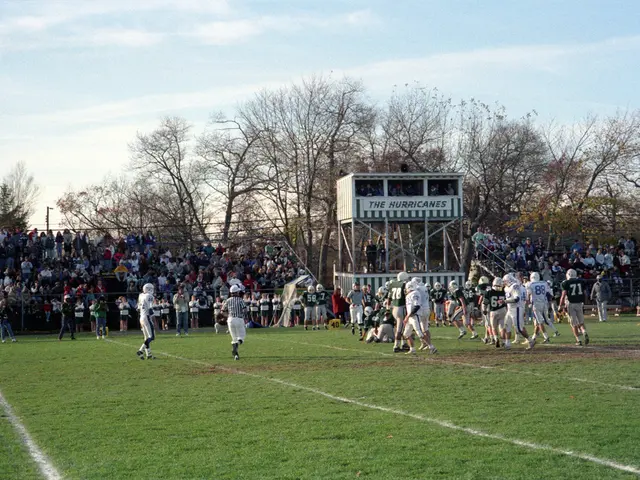Finland's President announces that security guarantees have been resolved within a week's timeframe
In a bid to ensure peace and security for Ukraine, French President Emmanuel Macron has called for the inclusion of European representatives in future talks between Ukraine, Russia, and the USA. These discussions are set to continue following a phone call between US President Donald Trump and Russian President Vladimir Putin.
The proposed security guarantees for Ukraine aim to strike a balance—robust enough to protect Ukraine and guarantee peace, yet carefully circumscribed to avoid direct confrontation between Russia and NATO or US forces.
Strengthening Ukraine's Armed Forces is a priority for Western partners. The focus is on ensuring that Ukraine maintains a strong, capable military ready to defend itself post-conflict.
International security guarantees are also being worked on, similar to NATO’s Article 5 but tailored to Ukraine. This framework would include limited military presence and moral support, without direct combat involvement.
It has been clarified that there will be no US combat troops stationed on Ukrainian territory. Instead, the focus is on air support and training.
Russia demands that any peace agreement and security guarantees involve guarantor countries—especially permanent members of the UN Security Council—with veto rights on future escalations, alongside radical reductions in the Ukrainian armed forces to prevent rearmament.
Europeans propose providing "reassurance forces," a limited NATO-related military presence inside Ukraine, primarily for training and moral support but not for engaging in hostilities.
Some analysts propose a Taiwan-like security guarantee model for Ukraine, where the US and allies commit to security without formal treaty obligations that would require guaranteed military intervention.
Ukraine, led by President Volodymyr Zelenskyy and Ukrainian diplomatic teams, is focused on securing effective guarantees while aiming to conclude peace. Russia maintains a hardline stance, insisting on the involvement of guarantor states with veto powers and reduction of Ukrainian military capacity.
The US plays a central role in shaping security frameworks and providing military support short of direct combat involvement. Key individuals include top military officials like Joint Chiefs Chairman Gen. Dan Caine, and political leadership under President Joe Biden and former President Trump’s influence.
European partners, such as the Netherlands and broader NATO allies, are deeply engaged in formulating the guarantees, providing military, financial, and diplomatic backing. Dutch Prime Minister Dick Schoof and NATO Secretary-General Mark Rutte have been prominent in discussions.
While Ukraine is not a full member, NATO and its military chiefs are involved in shaping military support and potential "reassurance" frameworks.
In addition, Ukraine has proposed a $100 billion deal to purchase US weapons, to be financed by Europe, after a potential peace deal with Russia. The Ukraine summit at the White House has been interrupted for a telephone call between US President Donald Trump and Kremlin chief Vladimir Putin. Furthermore, Ukraine and the USA propose a $50 billion agreement for the joint production of drones with Ukrainian companies.
As negotiations continue, it is clear that significant differences still need to be resolved over the depth and nature of these security guarantees. Further discussions with the Europeans are expected in a possibly different format after the interruption.
Read also:
- Weekly happenings in the German Federal Parliament (Bundestag)
- Southwest region's most popular posts, accompanied by an inquiry:
- Discussion between Putin and Trump in Alaska could potentially overshadow Ukraine's concerns
- Massive 8.8 earthquake hits off the coast of Russia's Kamchatka Peninsula, prompting Japan to issue a tsunami alert.








